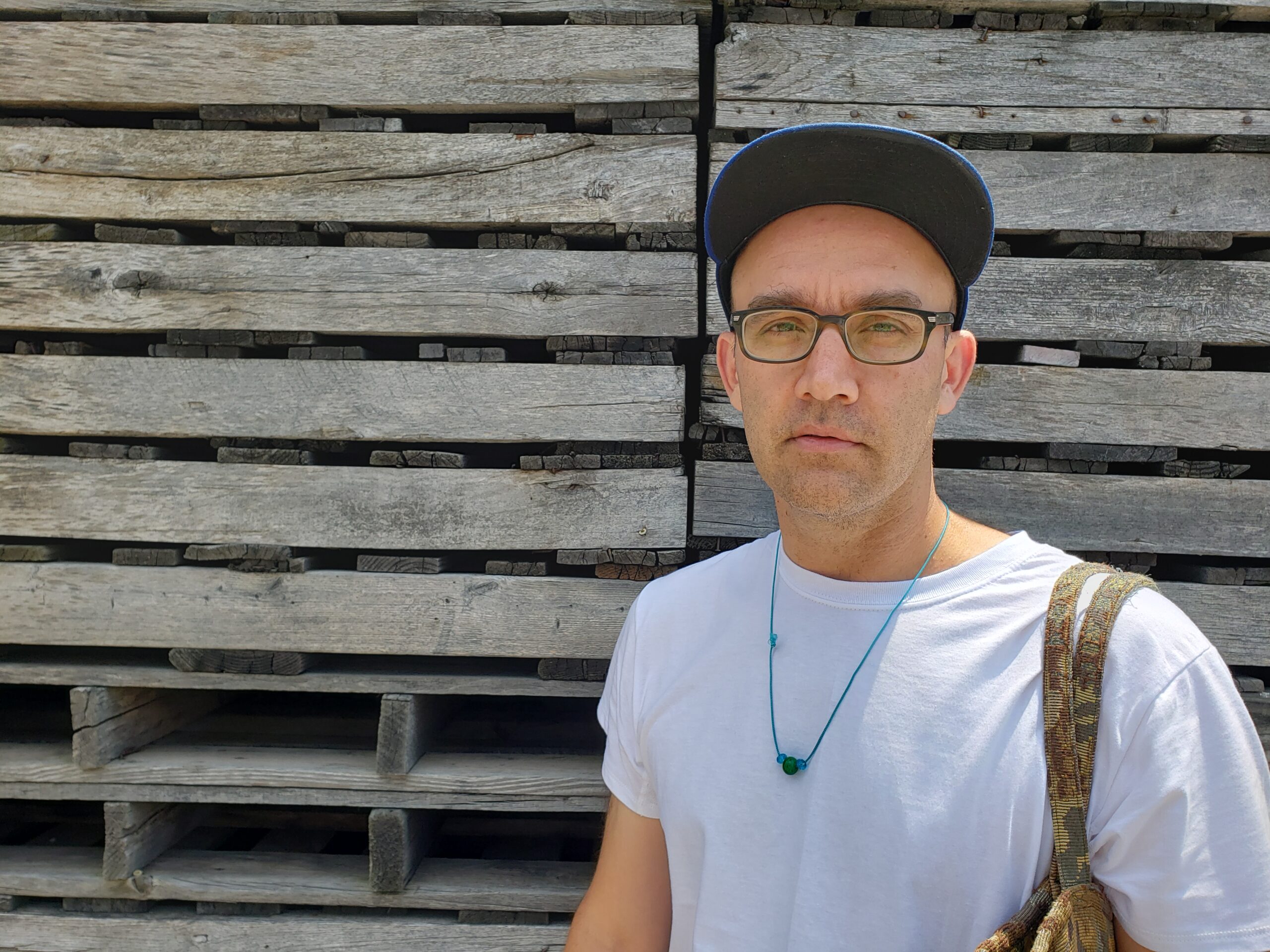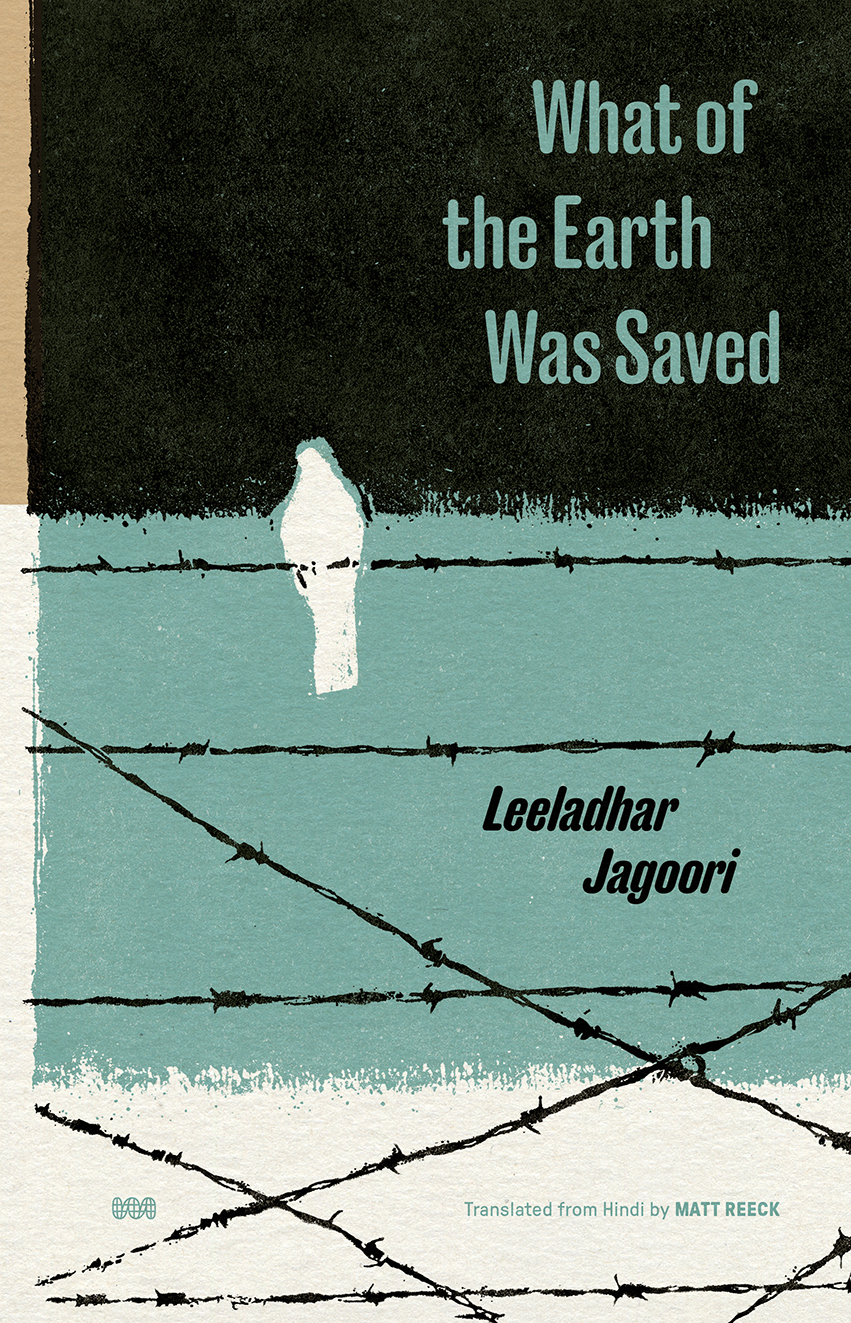crossing the bridge of the fresh grain’s sweet scentI’ll come to youjust as soon as you accept my wordsI’ll come to youlike the cloudthat approaches the mountain summitand swallows itonly those whose heads are raisedwill be able to see itI want to come to the desertinside your mindI’ll comebut not like barbarians doand not like a bulletstriking its targetI’ll comeI’ll come like new lifecomes to a beaten-downexhausted soulआऊँगानये अनाज की खुशबू का पुल पार करकेमैं तुम्हारे पास आऊँगाज्यों ही तुम मेरे शब्दों के पास आओगेमैं तुम्हारे पास आऊँगाजैसे बादलपहाड़ की चोटी के पास आता हैऔर लिपट जाता हैजिसे वे ही देख पाते हैंजिनकी गरदनें उठी हुई होंमैं वहाँ तुम्हारे दिमाग मेंजहाँ एक मरुस्थल हैआना चाहता हूँमैं आऊँगामगर उस तरह नहींबर्बर लोग जैसे कि पास आते हैंउस तरह भी नहींगोली जैसे कि निशाने पर लगती हैमैं आऊँगाआऊँगा तो उस तरहजैसे कि हारे हुएथके हुए में दम आता है ।
I’ll Come to You
Feature Date
- July 21, 2024
Series
- Translation
Selected By
Share This Poem
Print This Poem
“I’ll Come to You” from WHAT OF THE EARTH WAS SAVED: by Leeladhar Jagoori.
Published by World Poetry on May 16, 2024.
English Copyright © 2024 by Matt Reeck.
All rights reserved.
Reproduced by Poetry Daily with permission.

Leeladhar Jagoori (b. 1940-) is one of the most widely recognized Hindi poets alive today. He has published some 15 books of poetry and essays on poetry and the arts. He has been awarded many of India’s top cultural prizes, including the Padma Shri and the Vyas Samman. He lives in Dehradhun, Uttarakhand.

Matt Reeck translates from the French, Hindi, Urdu, and Korean. What of the Earth Was Saved, his translation of the Hindi poetry of Leeladhar Jagoori, was published by World Poetry Books in 2024. His French translations with Julien Jeusette of Jagoori are forthcoming in the French magazine Europe. He is the current recipient of fellowships from the American Institute of Indian Studies and the New India Foundation (https://www.newindiafoundation.org) for translations from Hindi and Urdu. He lives in Brooklyn with his family.
“In Matt Reeck's splendid translation, Jagoori's poetic fore-tasting continues to emit its fractured instant as it poetically elides its power into our current state that anarchically remains our fractured present.”
—Will Alexander
“These are poems of connections. They jostle one thing so that it is next to another thing and then this other thing provokes yet an additional thing. At moments the connections are delights of fantasy and the poems feel surreal, otherworldly. At other moments, they are more down to earth: observations about family, the law and the thief, the flora and the fauna. But no matter what is connected, What of the Earth Was Saved is about the insight, and politicized delight, that comes when link after link builds into a chain.”
—Juliana Spahr
Poetry Daily Depends on You
With your support, we make reading the best contemporary poetry a treasured daily experience. Consider a contribution today.




